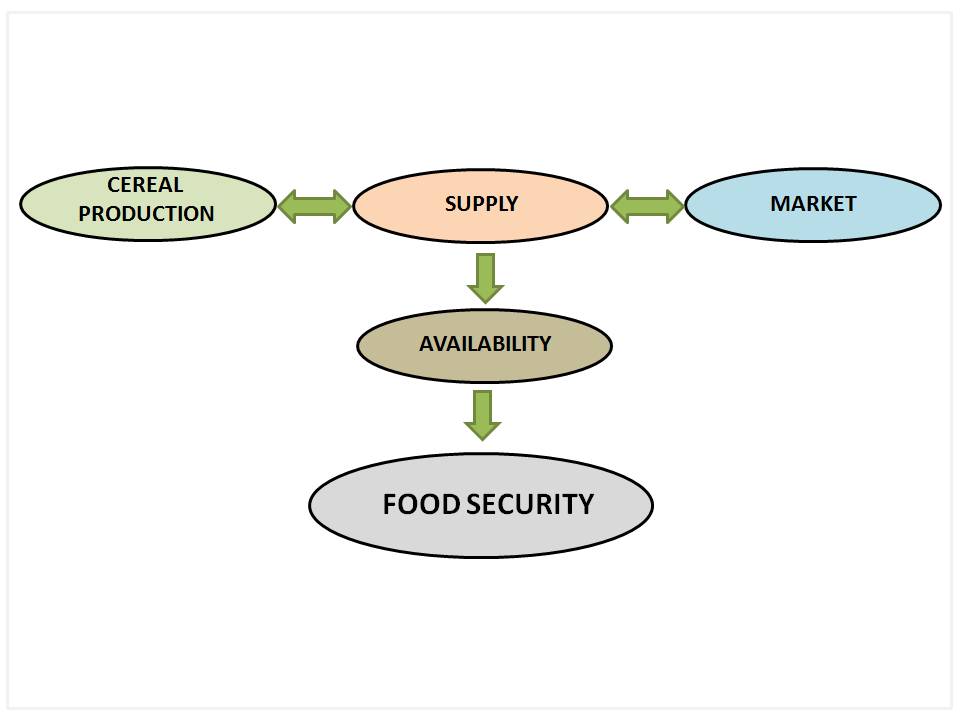Title
Cereal Production is Imperative to Strengthen the Availability of the Mid-hills of Nepal: A Case study on Agriculture Situation of Bagmati Province
Authors
Raju Chhetri,*a Matina Joshi Vaidhyab and Shyam Kumar Basnetc
aMewar University, Chittorgadh, Rajasthan, India (Seconded at MoLMAC, Bagamati Province)
bSecretary, Ministry of Land Management, Agriculture and Cooperative, Bagamati Province, Nepal
cVice Chairman, Province Policy and Planning Commission, Bagamati Province, Nepal
*Corresponding author E-mail address: raju.chhetry@gmail.com (Raju Chhetri)
Article History
Publication details: Received: 15th August 2021; Revised: 21st September 2021; Accepted: 21st September 2021; Published: 11th October 2021
Cite this article
Chhetri R.; Vaidhya M. J.; Basnet S.K. Cereal Production is Imperative to Strengthen the Availability of the Mid-hills of Nepal: A Case study on Agriculture Situation of Bagmati Province. Green Rep., 2021, 2(6), 1-5.

Abstract
When it comes to production, without any doubt, the paddy, maize, and wheat are the prime cereals in Nepal, which played a substantial role in the availability. Farmers’ production determines the food security situation that influences the availability across the area. In Bagmati, maize and paddy are the first and second major cereals. This study is set to analyze the cereal production of Bagmati Province for the government fiscal year 2019/20, and its relevancy with the availability situation. A mixed-method approach was applied and given priority to secondary data of the Province. A standard questionnaire set to validate the fact with agriculture offices. Focus Group Discussion-FGD, Key Informant Interview, and Observation tools were applied to ascertain the results. The study revealed that maize and paddy are essential cereals for Bagmati Province. The market plays a vital role in distribution and transactions. Nepal-India-China supply (import) helped contribute to the availability strengthening in the study area. The positive correlation found in-between area and production of cereal that signifies a linear relationship in between. The study suggests increasing the own production and surplus production and food balance. However, the weakened distribution mechanism of the state is needed to review its modality from federalism aspects, the future study suggested to marginalized people with other dimensions of food security.
Keywords
Cereal; Production; Availability; Food security; Federalism